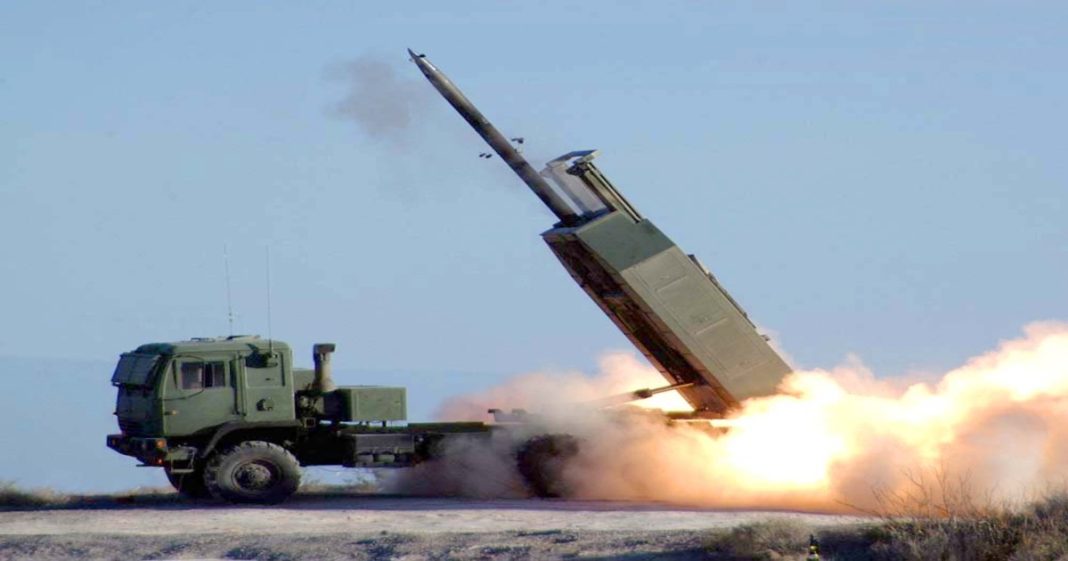Early Saturday morning, India launched missile strikes that prompted a swift retaliatory response from Pakistan, which has now initiated a military operation named Bunyan-um-Marsoos.
Pakistan launches retaliatory attacks across India, after Indian missiles were fired at key military bases.
— Muslim (@Muslim) May 10, 2025
At approximately 3:30 AM, Director General of the Inter-Services Public Relations (ISPR), Lt Gen Ahmed Sharif Chaudhry, reported that India targeted three Pakistan Air Force (PAF) bases: Nur Khan (Chaklala, Rawalpindi), Murid (Chakwal), and Rafiqui (Shorkot, Jhang district). He assured the nation that all PAF assets remained unharmed.
During a press briefing, the DG ISPR accused India of “driving the region towards a perilous conflict through madness, aggression, and deceit.” He also revealed that India had launched missiles into Afghanistan and deployed drones for attacks there.
Read more: BrahMos, Indian military installations attacked in Bunyan-ul-Marsoos op
The majority of the Indian missiles aimed at PAF installations were intercepted by Pakistan’s air defence systems, he added. Those that managed to get through, according to initial assessments, caused no damage to any flying assets.
Lt Gen Chaudhry emphasized that the armed forces had effectively thwarted India’s objectives and claimed to have electronic records of all Indian missiles—detailing their launch points and intended targets.
Calling India’s actions cowardly, he stated that these acts stem from growing paranoia in India’s leadership, frustrated by repeated failures. “Each failure only strengthens Pakistan’s resolve and national unity,” he said, warning that India’s frustrations would continue to intensify.
At 4:38 AM, Pakistan’s state-run PTV News reported that a counteroffensive had been launched in response to India’s aggression. By 5:52 AM, PTV News and Radio Pakistan stated that Pakistani forces had destroyed a BrahMos missile storage site in India’s Beas region. The retaliation, under Operation Bunyan-um-Marsoos, reportedly targeted several other Indian locations, including an air base in Udhampur and an airfield in Pathankot.
Federal Minister for Communications Abdul Aleem Khan confirmed the operation, declaring on social media, “Long live Pakistan — May Allah protect our falcons.”
Read more: Dozens arrested in Columbia University library raid over Pro-Palestinian protest
PPP Senator Sherry Rehman emphasized Pakistan’s precision and restraint, stating that only Indian military sites were targeted. She condemned India’s attacks for allegedly harming Pakistani civilians, underscoring the distinction in each country’s approach.
By 6:13 AM, PTV reported another strike on the BrahMos facility. At 6:50 AM IST (6:20 AM PKT), The Times of India reported explosions in Punjab’s Pathankot district. A blackout had been enforced there the previous night, and authorities urged residents to remain indoors.
At 6:29 AM, PTV claimed Pakistani drones were flying over New Delhi, and later updates confirmed Pakistan had targeted key Indian military sites in what was described as a “befitting response” to India’s initial assault on Pakistani territory and sovereignty.
At 7:13 AM, PTV reported that JF-17 Thunder jets equipped with hypersonic missiles had destroyed India’s S-400 air defence system in Adampur, a system valued at approximately $1.5 billion.
For you, a thousand times over 🇵🇰 pic.twitter.com/wrXlnDLtBW
— Pakistan Strategic Forum (@ForumStrategic) May 10, 2025
Additionally, several Indian websites—including those of the BJP, BSF, and various public sector organizations—were reportedly hacked. Sensitive data from institutions such as the Indian Air Force and Maharashtra Election Commission was allegedly leaked, and over 2,500 surveillance cameras were said to be compromised.
Speaking to Geo News at around 7 AM, Deputy Prime Minister Ishaq Dar stressed that Pakistan had acted defensively. “India’s recent provocations left us no choice,” he said. “This operation is a response to the attack on the Nur Khan Air Base. Our patience had limits.”
Dar concluded that Pakistan’s civil and military leadership had jointly decided on this course of action, reiterating that the path forward would depend entirely on India’s conduct.













